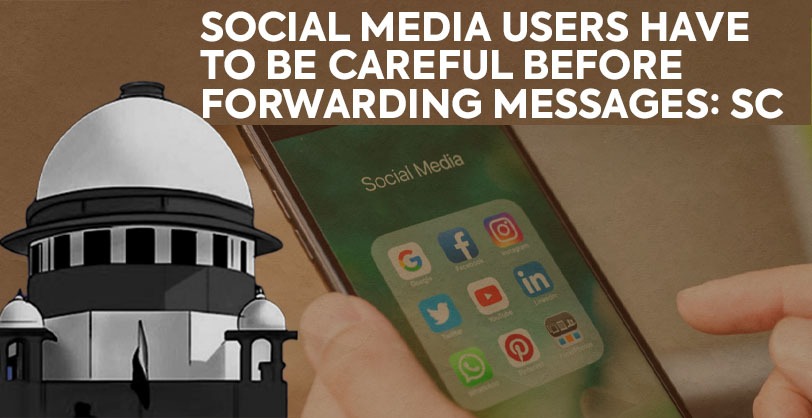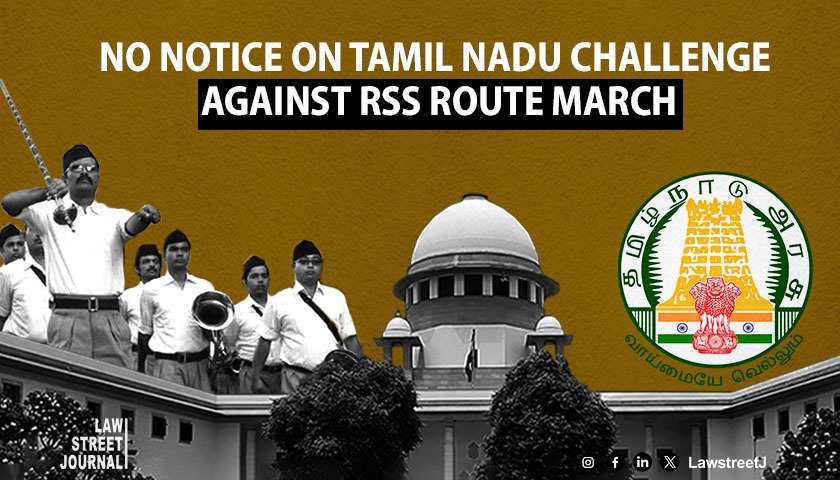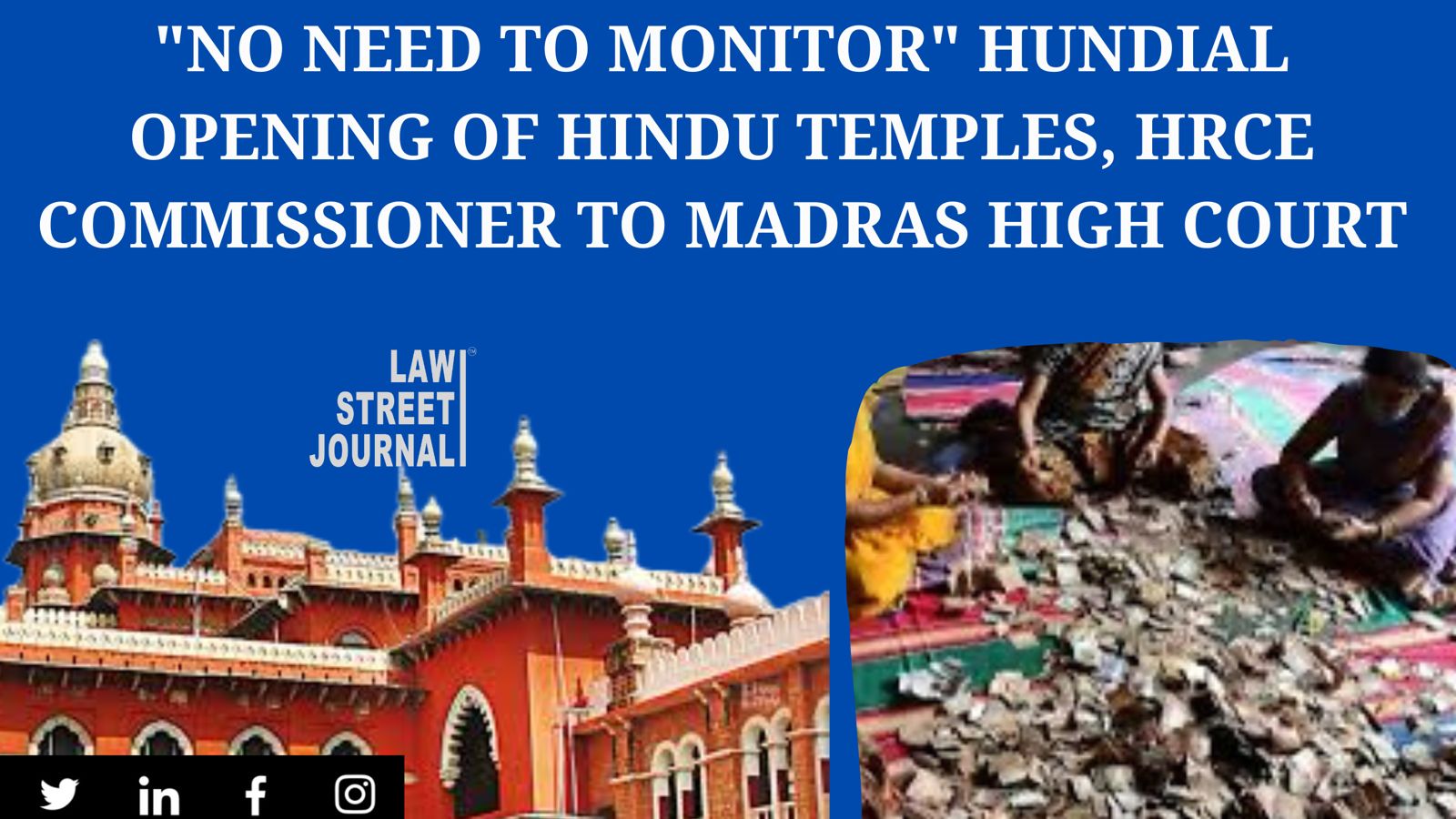Madras: The Madras High Court on Wednesday instructed the Bar Council of India (BCI) to establish guidelines for State bar councils to begin disciplinary measures against advocates who advertise or solicit work through ads, messages, or touts. A Bench of Justices SM Subramaniam and C Kumarappan also directed the BCI to file complaints against online service providers/intermediaries who violate Rule 36 of the Bar Council of India Rules.
It is agonising that some of the legal professionals today are trying to adopt a business model. Legal service is neither a job nor a business. A business is driven purely by profit motive. But in law, larger part is a service to the society. Though a service fee is paid to a lawyer, it is paid out of respect for their time and knowledge, the Court stated. Consequently, the Bar Council was instructed to remove any advertisements already published by lawyers through online service providers and to advise intermediaries against publishing such advertisements in the future. The Bench also criticized the "branding culture" among lawyers.
"Branding culture in the legal profession is detrimental to the society. Ranking or providing customer ratings to lawyers is unheard of and demeans the ethos of the profession. Professional dignity and integrity must never be compromised especially in the legal profession," the Court added.
The case was brought by PN Vignesh, who sought action against websites like Quikr, Sulekha, and Justdial that offer online lawyer services. The petitioner claimed these websites not only list lawyers' names and numbers but also provide a system where users looking for legal help receive a PIN to connect with lawyers. Additionally, these websites grade lawyers or their services and categorize them under labels such as Platinum, Premium, or Top Service Provider, according to the petitioner.
The websites' counsel argued that their clients were merely offering online directory services, not soliciting work for lawyers, and that directory services were not prohibited under the Advocates Act. However, the Court observed that the websites were giving baseless ratings and effectively selling legal services for a fixed price, which contravenes the Bar Council of India Rules.
Rule 36 of Bar Council of India Rules specifically prohibits touting. Therefore the online websites/intermediaries are estopped from taking shelter under section 79 of the Information Technology Act. The Advocates Act is an Act of Parliament. In exercise of the powers conferred under the Advocates Act, the Bar Council of India has notified the Rules. Since soliciting, advertising directly or indirectly whether by circular, advertisements, touts, personal communication, interviews not warranted by personal relations, furnishing or inspiring newspaper comments or producing his photographs to be published in connection with case where he is engaged or concerned are unlawful activities excluded from the safe harbour clause of section 79 of Information Technology Act. Thus, the online website companies are also liable under the relevant Act and Rules, the order stated.
The Court also explained the prohibition on lawyers advertising their services, stating that lawyers stand for truth and justice and therefore cannot treat the profession as a business. Advertising or solicitation, it said, undermines the integrity of the profession.
"Firstly, marketing of lawyers brings down the nobility and integrity of the profession. The process of delivery of Justice is strongly based on the Constitution, and lawyers being the upholders of law cannot treat the profession as a business. It would be contradictory to say that a lawyer who fights for justice is doing so with a profit motive," the High Court elaborated.
The Court also noted that self-branding and promotion through advertisements would harm the profession.
"The legal profession cannot be viewed with a shallow lens. Some may try to find merit in the argument that with the growing need for professional services, a business model can help in its growth further. But this Court does not affirm this view. The tools employed in the profession can be upgraded or changed based on changing circumstances, (A classic example of this is our seamless shift from physical hearing to virtual hearing during the COVID-19 lockdown). But the spirit and character which is the Basic Structure of this profession can never be altered," the High Court said.
Advocate R Mohammed Fayaz Ali represented the petitioner. Senior Advocate Srinath Sridevan and advocate Bharadwaja Ramasubramaniam represented Justdial. Advocate SR Raghunathan appeared for the BCI, and Advocate EK Kumaresan represented the Bar Council of Tamil Nadu and Puducherry.

.webp)






![Madras High Court Directs Tamil Nadu Government to Ensure Quota for Transgenders in Local Body Elections [Read Order]](/secure/uploads/2023/08/lj_2507_7a03d113-08b1-4670-b6fb-9058aee481d0.jpg)






